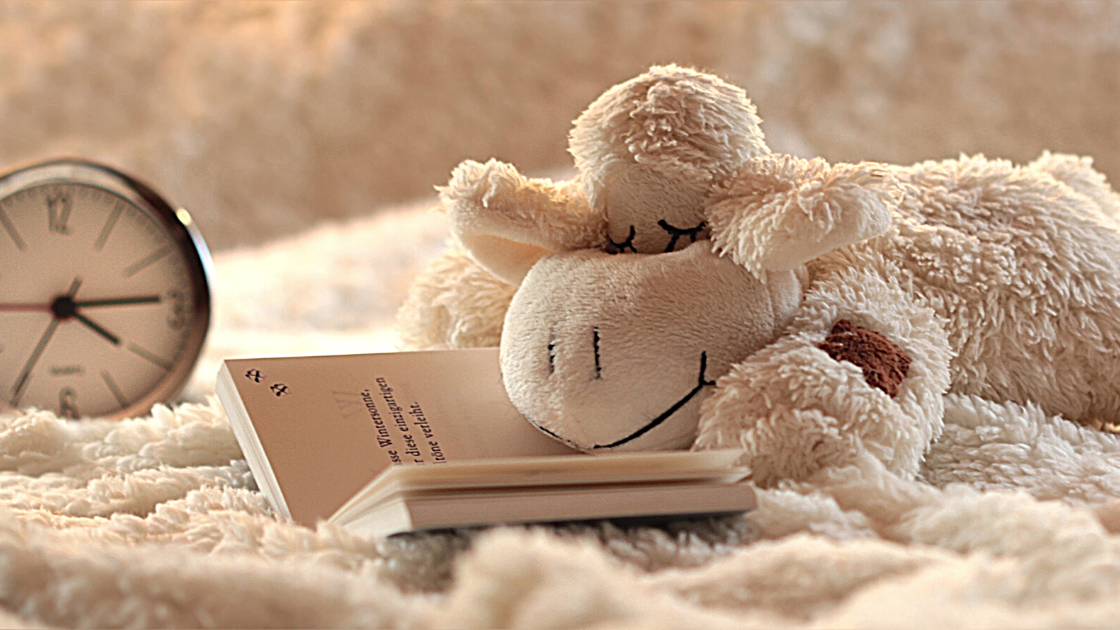Good sleep on a regular basis improves more than just how you feel in the morning. Studies show quality sleep creates a sharper brain, heightens memory, enhances your ability to control emotions, strengthens your heart health, boosts your immune system, controls blood sugar, and fuels athletic performance. In opposition, over time poor sleep destroys your health. The typical person needs 7 – 9 hours of quality sleep per night – in other words, sleep that is restful and restorative. Studies also show sleeping less than 5 – 6 hours a night on average reduces your life expectancy by 15%. For someone with a life expectancy of 78 years, that is almost 12 years off your life.
Why do people fail to get enough sleep? Humans are the only species that deliberately deprive themselves of sleep for no apparent reason other than cultural or social constructs. Take a moment and reflect on that statement.
When it comes to quality sleep, like any important goal, you must plan and create habitual processes to succeed. Numerous books have been written describing the incredible benefits of morning routines. Creating an evening routine is equally beneficial in addition to a morning routine and will impact the efficiency of your circadian rhythms. Circadian rhythms are 24-hour cycles that are part of the body’s internal clock, running in the background to carry out essential functions and processes. One of the most important and well-known circadian rhythms is the sleep-wake cycle.
If you agree quality sleep is important for your life, review these 8 tips you can develop into routines to ensure your body is receiving restful and restorative sleep.
- Develop Consistency: Go to bed the same time and wake up at the same time each day. This habit will keep your circadian rhythm in check. When life deals you an obstacle and you must choose between the two, waking up at the same time each monring is more important. Your body will catch up the following night(s).
- Sleep at a Cold Temperature: Your core body temperature needs to drop 2-3 degrees Fahrenheit for the best sleep. Make sure your room is cold enough to cool your core. Most “experts” agree a temperature between 60- and 67-degrees Fahrenheit is optimal. Taking a warm shower in the evening is a great way to lower your body temperature due to the rapid cooling your body will experience once you are finished exiting the bath. This also stimulates melatonin which will assist you in falling asleep faster.
- Create Darkness: Darkness triggers melatonin at night which promotes better sleep. The darker your room the better. Set up your room to limit light exposure at night.
- Receive Sunlight: Sunlight in the morning regulates your body’s clock and helps wake you up. You need the sun to produce Vitamin D3 in your body to help regulate your circadian rhythm. Create a routine that promotes receiving daylight during the first half of the day. Simply walking outdoors or even utilizing a window will help. 15 minutes of sun exposure during the day can make a tremendous impact on your sleep at night.
- Adhere to Bedroom Purpose: Don’t lie in bed wide awake. This trains your brain to associate the bed with wakefulness. Your bed should be used for 2 reasons only. Sleep, and another activity your can decipher on your own. If you’re wide awake, get up and do something relaxing, and wait until you begin to tire before heading back to bed.
- Limit Evening Consumption: Stay away from too much alcohol, caffeine, large meals, and beverages late at night. These items cause the muscles that digest and metabolize your food to keep working when they should be resting, which negatively effects the quality of your sleep. Experts suggest stopping moderate to large consumption 2 to 3 hours before bedtime.
- Limit Electronic Devices: Avoid using phones, computers, televisions, and tablets at least an hour before bedtime. The blue light in these devices negatively affect your circadian rhythm. Consider reading a book, listening to music, focus on gratitude, pray, or meditate. In many cases, simply identifying a way to wind down and relax away from devices does the trick.
- Exercise: Your body is meant to move. A moderate to vigorous fitness routine helps to tire the body, plus, physical activity increases your sleep drive. Stress and anxiety are dangerous enemies to sleep. Exercise can relax your body and fight off the things that keep you tossing and turning at night. Many experts agree that exercise is probably the best anti-anxiety medication we have today. In fact, when you exercise during the day, your brain releases feel-good chemicals called endorphins that combat stress and anxiety.
How many of these 8 tips do you successfully incorporate each day? How can improving one or more of these tips enhance the quality of your sleep?
Live The Pursuit of Growth





